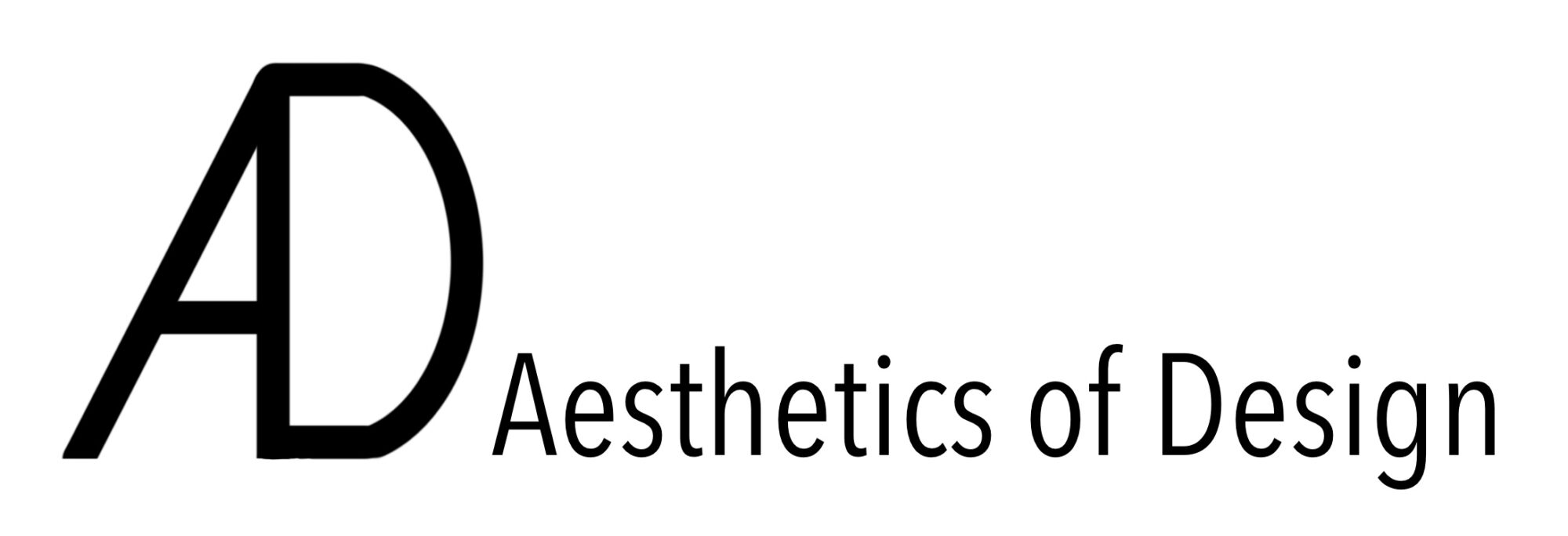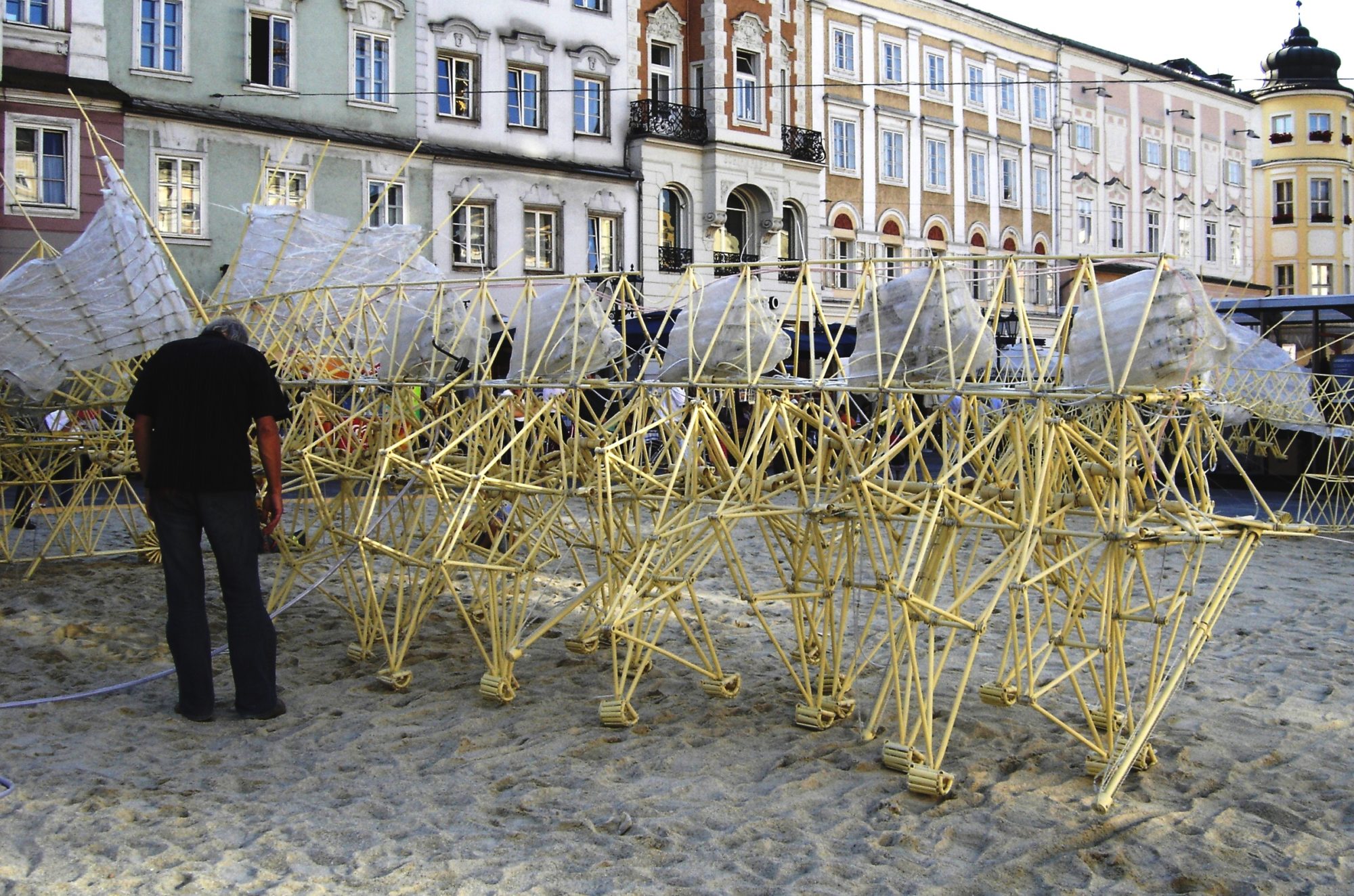For my project I am planning to use a 3D printer to make a strandbeest the size of a small dog or cat.
5 specifications: (** Top Priority, *Mid Priority, nothing: low priority)
- ** The ability to move, not concerned if its ability to move on it’s own, but at least have the ability to move on its own under a slight force
- *Make it look life like, the theme of Theo Jansen is evolution and imitating life with his beasts
- Make it similar in color, strandbeest are made of PVC tubes or wood, will be making this out of plastic so won’t have the most similar look
- *Make it all from one material, Want to print it all out of one material, don’t want to add additional hardware like screws or bearings
- Add additional features than just legs, Theo Jansen has added sails and pneumatic system to his most recent iterations
5 constraints: (** Toughest, *, nothing: low difficulty)
- **Time, Printing can take a lot of time, printers especially get busy at the end of the semester
- *Materials, getting material all in one color, calculate how much is needed
- Money, Buying the material, printer use is free so no concern there
- **Mobility, Don’t know how the parts will interact with each other, will I need to add addition hardware to make it move?
- *Design, goes in hand with time, there are examples of 3D printed Stranbeest, but how to make my own unique take and how to refine the design


2 Comments. Leave new
Super cool concept! I like the idea of avoiding fasteners, keeping it 100% one material. Have you considered how you’ll design the 3D printed fasteners? Will you take precautions to avoid friction?
Love this idea, can’t wait to see this cat-sized contraption. I’m curious what software you plan to use to design this beast, and if you have a design in mind for making the joints? These 3d prints could potentially use a lot of support material.